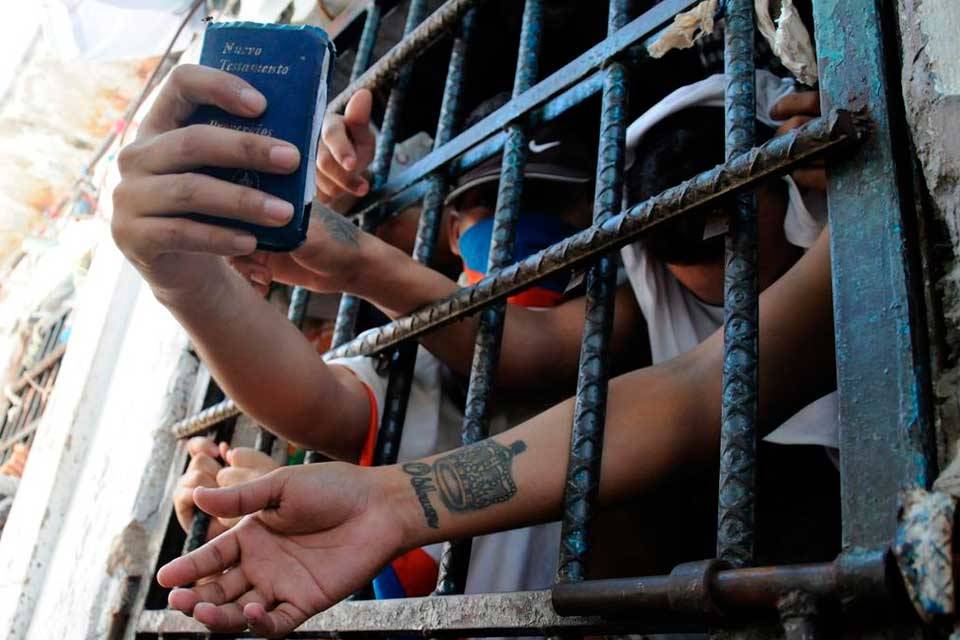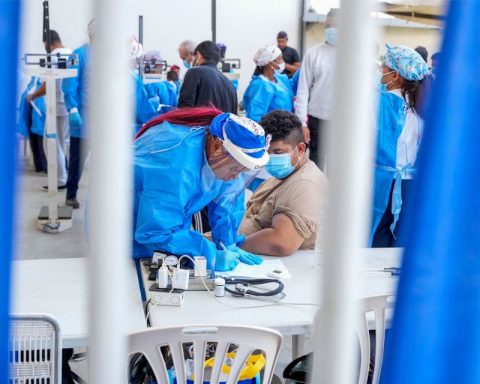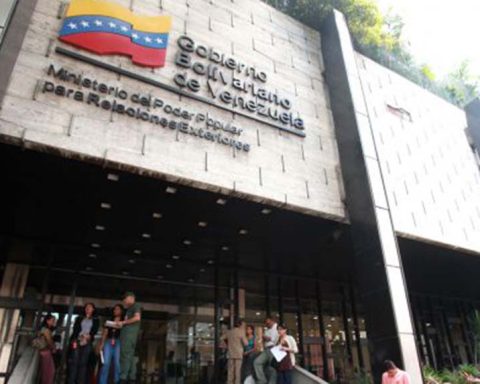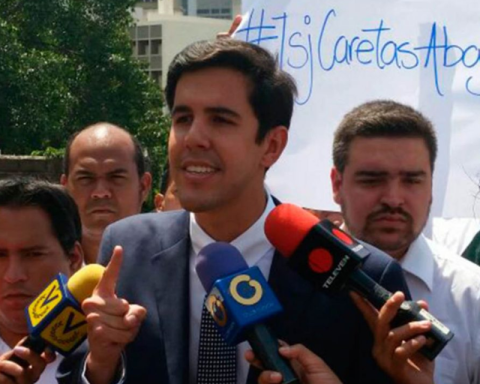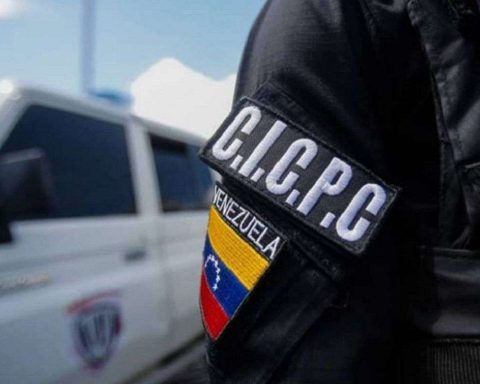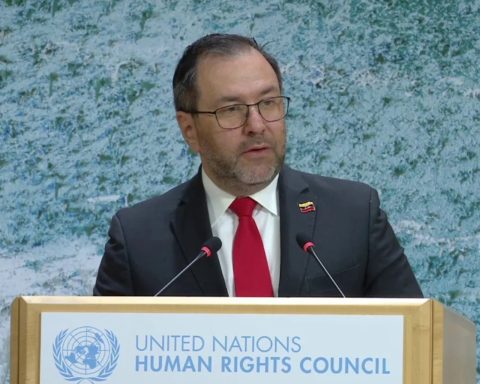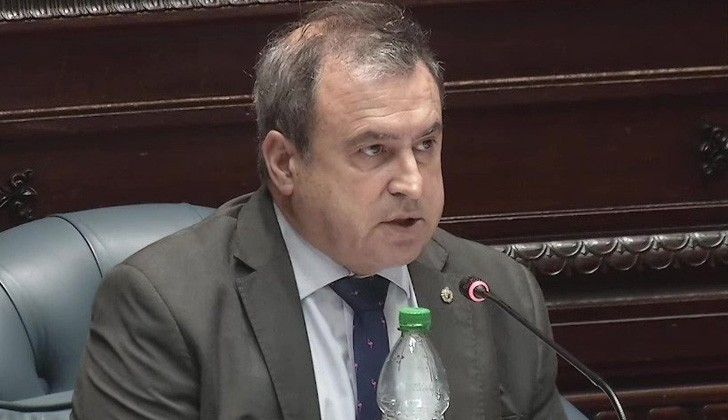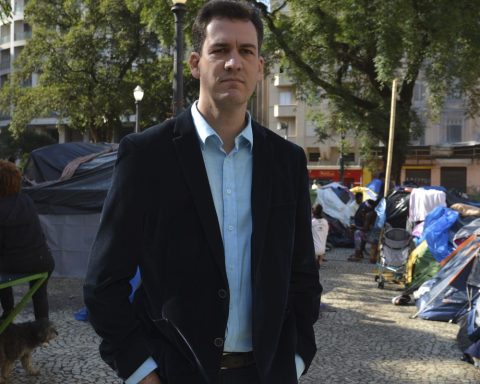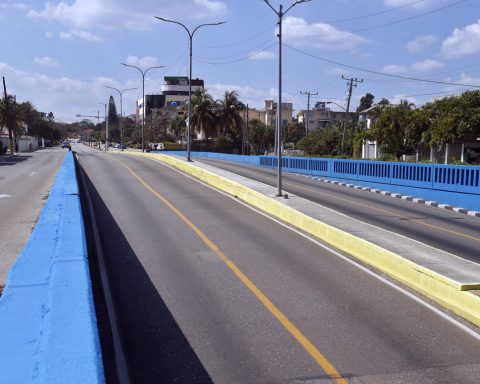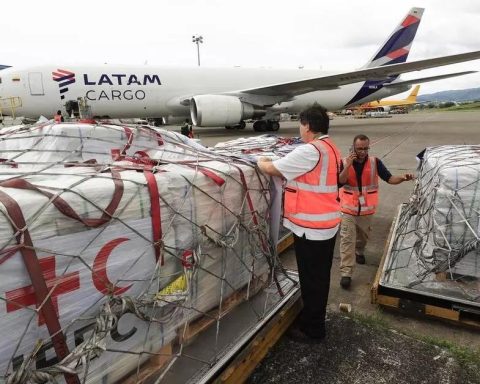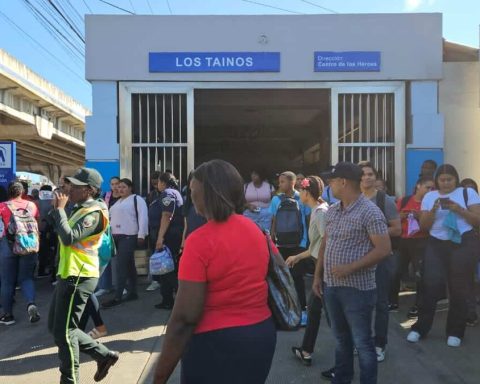For Access to Justice, the doubts surrounding the death of Leoner Azuaje, and that it was the product of police abuse, corroborate “the reasons why instances such as the Inter-American Commission on Human Rights and the Prosecutor’s Office of the International Criminal Court consider that in Venezuela the justice system does not work properly”
The Access to Justice organization assured this Wednesday the 10th that the case of Leoner Azuaje Urrea, whose death in detention was announced on April 20 after being arrested for his alleged involvement in corruption schemes, reveals that the mandates provided for in the The Constitution is a dead letter “and that Venezuelan prisons are no longer only universities for crime, but on many occasions they are centers where the lives of the inmates are at risk.”
The death of the former president of Cartones de Venezuela, said the NGO in a Press release“crudely exposes the defenseless situation in which Venezuelans find themselves, regardless of whether they support or oppose the current government, and how little life is worth in the country.”
For Access to Justice, the doubts or reasonable suspicions surrounding the death of Leoner Azuaje, and that it was the product of police abuse, corroborate “the reasons why instances such as the Inter-American Commission on Human Rights and the Court’s Prosecutor’s Office International Criminal Court consider that in Venezuela the justice system does not work properly.
*Read also: Saab reiterates Leoner Azuaje’s suicide hypothesis after investigation in record time
According to data from some organizations, from at least 2014 to last year, 11 political prisoners or dissidents have died in the custody of Venezuelan intelligence bodies. The list includes Lieutenant Commander Rafael Acosta Arévalo, murdered under torture; the former Minister of Defense, General in Chief (r) Raúl Isaías Baduel, who died of health complications; like the indigenous leader Salvador Franco or the former president of Petróleos de Venezuela, Nelson Martínez.
Acceso a la Justicia clarified that, although Leoner Azuaje Urrea cannot be considered a political prisoner, since his detention did not occur in retaliation or because of his political position, “he does add to the even longer list of deprived of liberty who the State has been incapable of guaranteeing the most basic right of all: life”.
“What happened with Leoner Azuaje Urrea seems to be in clear violation of the international obligations of the State and could lead to consequences,” the NGO reiterated.
From 2017 to January 2022, 399 inmates had died in Venezuelan prisons due to malnutrition, denounced the Inter-American Commission on Human Rights (IACHR) in its annual report for 2022.
While the Venezuelan Prison Observatory (OVP) denounced that last year 76 prisoners died due to overcrowding, poor sanitary conditions and poor food.
*Read also: Prison Observatory: “survival modes” have been established in prisons
Post Views: 64
